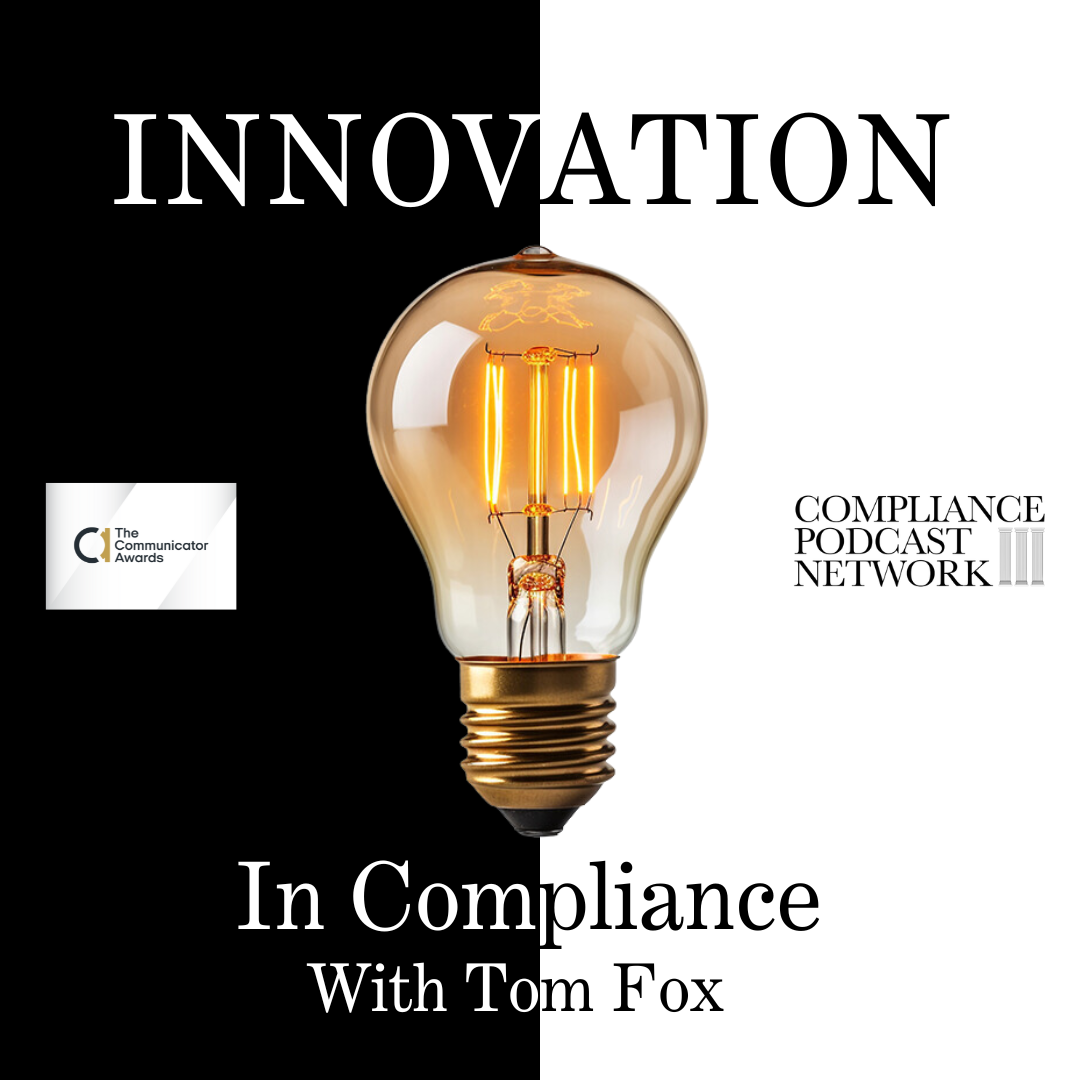This week, Donald Trump was inaugurated as the 47th President of the United States. I can only say with complete certainty that the world of compliance will never be the same. Trump not only promises tariffs and sanctions against America’s enemies and competitors but also promises them against America’s friends. His views on the Foreign Corrupt Practices Act (FCPA) are well known (‘a horrible law’), and so are his views on bribery.
He may well be the first President to employ the FCPA as a tactical weapon against companies from countries that are not only the US’s enemies and competitors but also our allies. This is nothing to say about how he will direct the Department of Justice to use the Foreign Extortion Prevention Act (FEPA) against our enemies, competitors, and allies. So prepare for the Wild West of corporate compliance for the next four years.
As compliance professionals face this miasma in 2025, compliance leadership skills will be more critical than ever. With these new, renewed, and mounting regulatory pressures, declining employee engagement, and intensifying demand for ethical corporate governance, the role of compliance leaders has never been more pivotal or challenging.
This week, I am looking at three leadership skills for the Chief Compliance Officer (CCO), compliance professional, or compliance practitioner to focus on for this sea change in compliance. One faces outward, one faces inward, and the third relates to your attitude. They are (1) fairness, (2) curiosity, and (3) a sense of humor. These three skills will enhance your team’s effectiveness and strengthen your organization’s overall compliance posture. Yesterday, we considered fairness. Today, we look at the curiosity of the compliance professional.
Curiosity: Your Secret Weapon for Compliance Growth
From my experience, curiosity is a game-changer in compliance. Indeed, in the initial Radical Compliance podcast, Matt Kelly interviewed Hui Chen about the original (2017) Evaluation of Corporate Compliance Programs; she said it was designed to get compliance professionals and CCOs to ask questions about their compliance programs.
Besides the Trump Administration, in 2025, compliance programs will face emerging challenges such as AI ethics, ESG requirements, and new data privacy laws. Curiosity enables compliance leaders to stay ahead of these trends, fostering innovation and adaptability in their programs. Curious leaders break free from silos, seek new knowledge, and inspire their teams to think creatively. This mindset is critical for identifying risks and opportunities in an unpredictable regulatory environment.
Curiosity drives innovation, sharpens problem-solving skills, and helps compliance officers identify risks and opportunities others may overlook. But how can compliance professionals actively cultivate curiosity in themselves and their teams? Here’s a roadmap to help you stay informed, ask better questions, and fill critical knowledge gaps.
Stay Informed on Industry Trends
Regulatory landscapes are shifting faster than ever, with new challenges arising in artificial intelligence (AI), environmental, social, and governance (ESG) standards, and data privacy. Compliance professionals must proactively stay informed about these trends to keep their programs agile and relevant. Indeed, every Deferred Prosecution (DPA) includes language mandating awareness of other businesses in their industry and any compliance developments.
What are some of the action steps a compliance professional or CCO can take? If you are reading this blog post, it is an excellent first step. You can listen to one or more of the 50 podcasts on the Compliance Podcast Network. Both steps will put you on the cutting edge of the nuts and bolts of compliance. For topical compliance news and analysis, you can read well-known commentators such as Matt Kelly on Radical Compliance. You can read industry publications like Compliance Week or law firm or consulting firm newsletters on topical compliance issues. Focus on emerging areas like AI ethics, ESG enforcement actions, and updates to GDPR or other privacy frameworks.
Attending webinars and conferences are excellent opportunities to hear from industry leaders, regulators, and peers. These conferences include Ethisphere and Compliance Week in the spring and SCCE and ACI in the fall. These events provide real-time insights and practical strategies for addressing emerging risks. When you attend such events, you can often garner as much information by networking with your peers. You can also join professional organizations, such as SEEC, ACFE, ECI, and others, which often have online forums to exchange knowledge and share best practices with other compliance professionals.
By staying informed, you can anticipate changes before they disrupt your organization and position yourself as a forward-thinking compliance leader.
Ask Better Questions
Compliance professionals are often tasked with identifying risks and making decisions under uncertainty. The quality of the questions you ask determines the depth of your understanding and the effectiveness of your solutions. Traditional compliance questions like “What’s the risk here?” are essential but can be limiting. To foster curiosity, you need to dig deeper and challenge assumptions.
What are some examples of better questions you can ask? Start with such basics as “What assumptions are we making, and how can we test them?” This question helps uncover blind spots in risk assessments or compliance strategies. Follow up with questions like “How does this risk evolve?” Understanding the lifecycle of a risk can help you develop proactive mitigation strategies. Always add this query to your repertoire: “What can we learn from other industries?” Exploring how different sectors handle similar challenges can inspire innovative solutions in your company.
You should work to apply all of this in your everyday compliance work. Start by encouraging your team to approach problems from multiple angles. Take your risk assessment, where you can consider not just the likelihood and impact of a risk but also the assumptions underlying those ratings. This mindset shift leads to more robust and effective compliance strategies.
Fill Knowledge Gaps
In the compliance field, the more you know, the more you realize how much you still need to learn. Recognizing and addressing knowledge gaps is a critical skill for any compliance professional. Think about compliance issues in some of the following ways: Reflect on your recent projects or decisions. Consider if there were times when you felt unsure or relied heavily on external experts. Keep track of emerging topics where you only have surface-level knowledge, such as ESG reporting requirements or AI regulations. Finally, do not be afraid to ask your team for feedback. They may identify areas where additional expertise could strengthen the program.
Encourage Curiosity in Your Team
Curiosity is not simply a personal trait but a cultural value that compliance leaders can cultivate within their teams. A curious team is more likely to challenge assumptions, identify risks early, and propose creative solutions. You do not have to send your team to conferences to foster curiosity. You can do that yourself by creating opportunities for cross-functional in-house learning. Invite experts from other departments, such as cybersecurity, ESG, or finance, to share insights during compliance meetings. This not only broadens your team’s knowledge but also strengthens cross-departmental collaboration.
Encourage “What If” scenarios by asking your team to imagine hypothetical scenarios and explore how they would address them. Such as, “What if we faced a cyber breach tomorrow?” or “What if a supplier violated ESG standards?” It can be a perfect starting point for you and your entire team. Finally, celebrate curiosity by recognizing and rewarding team members who ask insightful questions, propose innovative ideas, or learn about emerging risks. By embedding curiosity into your team’s culture, you empower them to think critically and proactively, enhancing the overall effectiveness of your compliance program.
Curiosity is a powerful tool that enhances professional growth and strengthens compliance programs’ resilience and adaptability. In 2025 and beyond, compliance leaders who embrace curiosity will be best positioned to navigate uncertainty, address emerging risks, and lead their organizations confidently.
Join us tomorrow as we explain why having a sense of humor may be the most important skill for surviving the new administration’s inevitable chaos.







